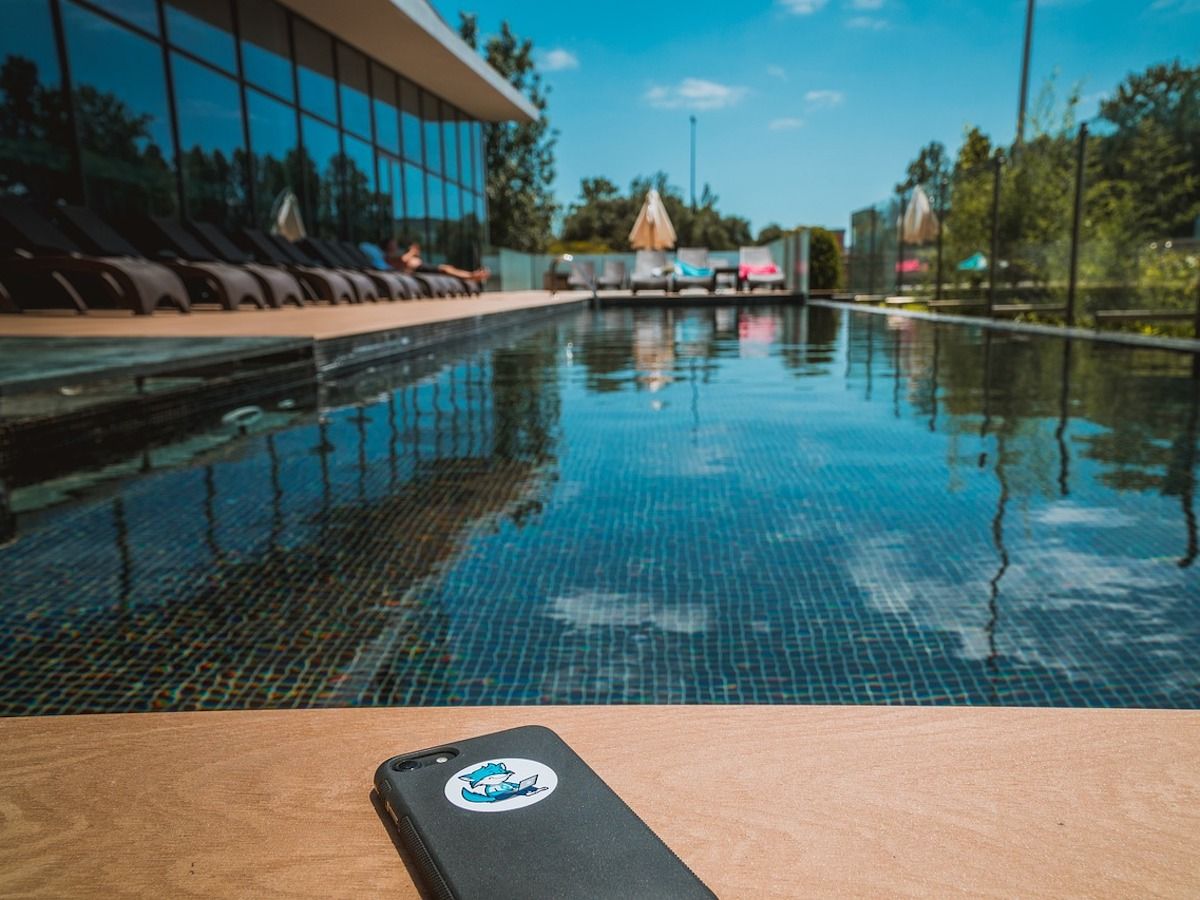Inhale, Exhale: What strategies can we utilize to find peace during a time of conflict?

Breathe in, Breathe out: How can we relax in wartime?
Introduction
Life in wartime is inevitably stressful and filled with anxiety. The uncertainty of the situation, coupled with the fear and worry about the welfare of loved ones can be overwhelming. But amidst all the chaos, it becomes essential to find our calm; to breathe in and breathe out, and find strategies to relax. In this blog post, we’ll discuss practical methods that, despite the circumstances, are going to aid us in staying anchored.
Imagine you’ve been shocked by a loud sound – your heartbeat quickens, your muscles tighten, and your senses become acutely aware of your surroundings. This response, triggered by stress, evolved to protect us from immediate threats. However, when we’re exposed to constant conflict or war, as humans, this prolonged ‘fight-or-flight’ state begins to take its toll on us physically and emotionally. How do we combat this? It starts with understanding that stress responses can’t be switched off – but they can certainly be managed.
To manage the persistent stress during such troubling times, we often need more than just distraction. We require an approach that will create a positive oasis within us where we can retreat to regain energy and resilience. Our aim in doing so is not to avoid or escape the problems, but rather to find the strength and mental peace to face them effectively.
Consider Brenda, a nurse working in a field hospital amidst active conflict. To handle her stress effectively and maintain her sanity, she needed a strategy – she relied on a combination of mindfulness meditation, structured routines, connecting with loved ones through a designated connection time, exercising for a minimum of 20 minutes a day, focusing on balanced nutrition, and getting enough restful sleep.
- She dedicated at least 10 minutes daily to mindfulness meditation.
- She developed a routine that gave structure to her day and reduced uncertainty.
- She connected with her family in the safety zone through video calls every evening.
- She committed herself to at least 20 minutes of exercise daily, regardless of how busy her day was.
- She maintained a healthy & balanced diet as best she could, knowing certain foods can directly affect mood and stress levels.
- She made sure to get at least 7 hours of good quality sleep each night when she was off duty to restore her energy levels.
The Unique Powers of Meditation
Meditation is an ancient practice that allows us to focus on the present moment instead of worrying about the past or future. The technique has been scientifically proven as an effective way to manage stress levels. It’s also particularly helpful for those dealing with intense anxiety and traumatic experiences: in short, it has unique benefits that are much needed in wartime.
The beauty of meditation lies in its simplicity – it doesn’t require any special equipment or location, simply your time and attention. It works by bringing our focus back to what is happening internally and externally right now; it promotes mindfulness or ‘being present’, which reduces constant anxiety about the uncertain future.
Learning how to meditate may seem daunting at first, especially without guidance or proper training. However, there are many free resources available to learn from, let’s keep going to look into some of these methods.
Picture John, a soldier on his downtime who decided to start meditating. He used breathing exercises, focusing on inhaling and exhaling slowly. When his mind wandered towards stressful situations, he gently redirected his focus back onto his breath. Over time, he started to notice improvements in his patience, concentration and overall emotional resilience.
- Breathing exercises were his primary form of meditation, simple yet effective.
- Using mindfulness techniques, he learned to redirect his focus back to the present moment when his thoughts drifted towards past or future worrying events.
- With consistent practice, he noticed lower stress levels.
- He found that meditating in a quiet setting was helpful, but it wasn’t always possible. Still, he managed to meditate even in noisy environments, focusing on his breath over the distractions.
- He started with small sessions, about 5 minutes each day, and gradually increased his meditation time as he got more comfortable with the practice.
- John used free applications and online resources to guide his meditation journey.
Mental Health Matters: It’s Okay To Seek Help
In times of war, there is often a misconception that focusing on mental health may be a luxury or frivolous. However, paying attention to our emotional wellbeing is not only justified but necessary. This narrative needs to shift; our mental health is equally as important as our physical health, especially during high-stress periods.
Seeking professional help for mental health concerns doesn’t suggest weakness, but strength. By talking openly about our feelings, we’re better able to understand them, process them and ultimately learn how to manage them effectively. Remember, you are not alone and, thankfully, there are professionals ready to assist you.
There still may be stigma attached to seeking professional help, but don’t let this hold you back. Encourage conversations around mental health within your communities and families – together, we can break down these barriers.
Take Jessica for instance, after her town was hit by conflict and she lost her home, she began experiencing symptoms of depression and post-traumatic stress disorder. She took the brave step to seek professional help, first speaking to a hotline then to a therapist who helped her process her experiences of conflict and loss.
- Jessica made the initial contact through a mental health hotline, talking about her emotional state.
- Her bravery in seeking help allowed her to recognise her symptoms of depression and post-traumatic stress disorder with the help of a professional.
- With therapy, she was able to manage her feelings effectively, regain some normalcy and cope with the traumatic events she had experienced.
- She shared her experiences within her community, which in turn inspired others to reach out for help if they needed it.
- Seeking help brought her a renewed sense of hope and showed that overcoming traumatic experiences is possible with professional support.
- By nurturing her mental health, Jessica found the resilience and strength she needed to rebuild her life amidst the chaos.
Summary: How To Relax In Wartime?
| Meditation | Focuses on staying present and attentive to one’s immediate surroundings, minimising constant anxiety about an uncertain future. |
|---|---|
| Structured Routine | Provides a sense of control over one’s day-to-day activities, reducing uncertainty and promoting general wellbeing. |
| Connection with Loved Ones | Offers emotional support and reassurance of familiarity, reducing feelings of loneliness and isolation. |
| Exercising | Stimulates endorphin production in the body, often termed ‘happy hormones’, and helps reduce overall stress levels. |
| Balanced Diet | Contributes to improved mood and stress regulation through the nutrients provided by a diverse array of foods. |
| Quality Sleep | Helps restore body’s energy levels, promotes clearer thinking, improves mood and bolsters the immune system – all crucial for coping with stressful situations. |
| Seeking Professional Help | Promotes better understanding and management of one’s emotional states. Helps in processing complex emotions and provides an additional layer of support in dealing with traumatic situations. |












